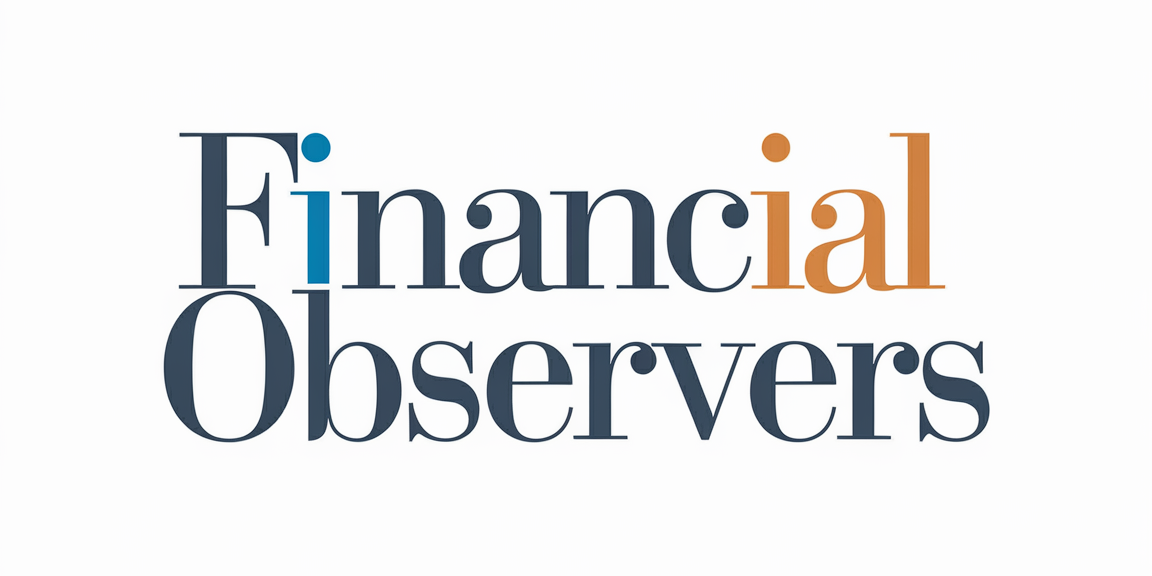Estate planning isn’t just for the ultra-rich—it’s for anyone who wants to protect their assets, provide for loved ones, and avoid legal headaches after they’re gone. Without a proper plan, the government decides what happens to your estate, which can lead to unnecessary taxes, legal battles, and delays. Whether you have a little or a lot, here’s how to create an estate plan that ensures your hard-earned assets go where you want them to.
Understand Why Estate Planning Matters
Estate planning ensures your assets—homes, investments, businesses, and savings—are distributed according to your wishes after your passing. It helps minimize family disputes, estate taxes, and probate delays. Without a plan, your estate could be stuck in the court system for months (or years), costing your loved ones time and money.
Create a Will to Control Asset Distribution
A will is the most basic estate planning document, outlining who gets what after your death. It lets you designate beneficiaries, guardians for minor children, and executors to handle your estate. Without a will, the court decides these matters based on state laws, which may not align with your intentions.
Consider a Trust for More Control and Efficiency
A trust allows you to pass assets to beneficiaries while avoiding probate, ensuring faster and more private distribution. Trusts also protect assets from creditors, lawsuits, and estate taxes. A revocable trust lets you retain control during your lifetime, while an irrevocable trust offers greater tax benefits and protection.
Name Beneficiaries on Key Accounts
Certain assets, like retirement accounts, life insurance policies, and payable-on-death bank accounts, allow you to name beneficiaries directly. These funds bypass probate and go directly to the designated person, ensuring a quick and hassle-free transfer of assets.
Set Up Power of Attorney for Financial and Medical Decisions
A power of attorney (POA) allows someone you trust to make financial and legal decisions for you if you become incapacitated. A medical POA (or healthcare proxy) grants decision-making authority for medical treatments. Without these, your family may need court approval to manage your affairs, leading to costly and time-consuming legal battles.
Plan for Estate Taxes to Maximize Inheritance
Without proper planning, estate taxes can significantly reduce the amount your heirs receive. Strategies like gifting assets during your lifetime, setting up trusts, and taking advantage of tax exemptions can help reduce tax burdens. If your estate exceeds the federal estate tax exemption, consult a tax professional to explore tax-efficient strategies.
Protect Your Business with Succession Planning
If you own a business, estate planning ensures a smooth transition in the event of your passing. A business succession plan outlines who will take over, preventing legal disputes and financial disruptions. Without a plan, your business could face dissolution, financial losses, or disputes among heirs.
Regularly Update Your Estate Plan
Life changes—marriages, divorces, births, deaths, and financial shifts—all impact your estate plan. Review and update your will, trusts, and beneficiary designations every few years to ensure they still reflect your wishes. Failing to update documents can lead to unintended beneficiaries receiving assets.
Protect Your Assets from Lawsuits and Creditors
If you’re in a profession prone to lawsuits (like doctors or business owners), consider asset protection strategies such as setting up limited liability companies (LLCs), irrevocable trusts, or umbrella insurance policies. These steps shield your wealth from legal claims and financial risks.
Work with an Estate Planning Professional
Estate planning can be complex, and mistakes can lead to family disputes, high taxes, or invalid documents. Working with an estate attorney, financial planner, or tax expert ensures your plan is legally sound, tax-efficient, and tailored to your specific needs. While DIY estate planning tools exist, professional guidance offers greater security and peace of mind.
Estate planning isn’t just about who gets what—it’s about ensuring your loved ones are financially secure and avoiding unnecessary legal headaches. Whether you’re just starting or need to update an existing plan, taking these steps will help protect your assets and your legacy for generations to come.


